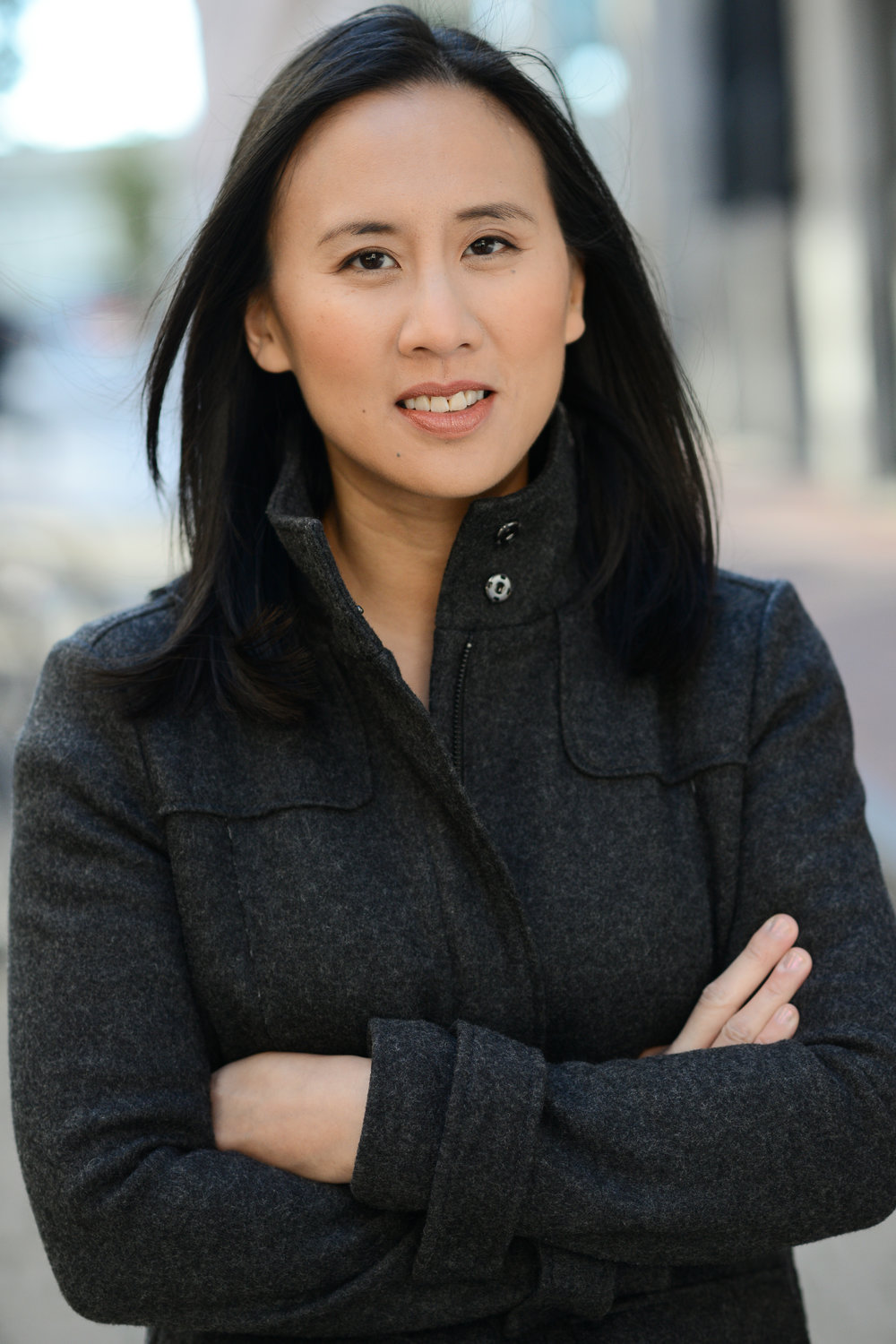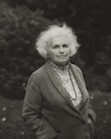On New Year’s morning this year, I was sitting at a kitchen table in Cleveland, Ohio. I grew up in Cleveland and love it, but (like most people) in the way you love your old rusty car with the duct-taped mirror and muffler tied up with a string, or your dingy old house with the drafty windows and the sagging roof—both of which are, unfortunately, all-too-common images in the city of Cleveland. To top all this off, we were in town visiting a seriously ill family member and had spent most of the past few days in a hospital room, listening to the slow wheeze of the oxygen pump.
All this is to say that on New Year’s Day, when I picked up the comics page of the Plain Dealer—an ailing section of an ailing newspaper in an ailing city—I was not at all surprised that they weren’t at all funny. Two-thirds of the strips tried to crack jokes about the outlook for 2012 and could muster only a deep cynicism. The other third didn’t even try. The funniest comic was a Peanuts strip, which was copyrighted in 1961.
At times like that, needless to say, it’s hard to feel positive about the upcoming year. So I’m grateful to Colum McCann for this essay—drawn from an address at Boston College—for reminding me why (and how) to be optimistic.
There’s a degraded discourse around the notion of optimism these days that says there is something soft about being an optimist—something wrong. It claims that optimism has no edge, as if it’s less than complete, less than the full deck of knowledge. The optimist is cartooned into the corner with an idiotic grin. I submit to you that none of that is true.
A good optimist never denies the reality of the dark. In fact, optimists are far more cynical than the best of cynics. They have to trump the cynic within. They have to examine the world. They have to go headfirst into the dark.
That is what learning is about. Cynics do not go forth. Cynics are trapped in their cynicism. It’s the end of the journey. They all fall down.
For McCann–as for so many writers and readers and thinkers–the key to optimism lies in story:
So much of good education is learning how to get to the other side of cynicism, how to cross that towering divide. This is not, I submit, sentimental. It’s full of sentiment, yes, but not sentimental. The best theologians, thinkers, philosophers, the best teachers, have always told us that we get to the light through the heart of the dark. You read, you engage. You become who you are by telling each other your stories. The bloodstream of the stories becomes the bloodstream of your life. […]
If you can make the darkness visible, then you can make the light visible. So I call on you to practice resuscitation. Endure the rough weather. In fact, embrace it. Do not tread water. If you tread water, you might survive, but you won’t live. Swim in the waters that other people would drown in. Get ripped to pieces and learn to put yourself back together again.
Throw away the GPS. Read. Be like Job, and ask questions. Turn answers into more questions. Push the edge, become the edge. Expose your heart. Imagine yourself into the lives of those who do not have your advantages. Raise your voice on behalf of those who haven’t had a chance to raise their own.
I am not a tattoo kind of girl, but after reading this essay, I’m seriously tempted to have some of it inked on the backs of my hands. Go ahead, I dare you: read McCann’s essay, especially that rousing finale, and try not to feel your spirit lift, ever so slightly, off the floor. And carry that optimism with you into the new year and into your work.
Happy new year, everyone, and welcome back.
Further Reading:
- Novelist Dean Bakopoulos, author of My American Unhappiness, on writing when real-life tragedies make fiction feel “fruitless.”
- Scott Parker on David Foster Wallace’s “Good Old Neon,” and why this story of psychological suffering might actually be a story about “optimism for the chances of making it in the world.”
- Writing is one of the 10 careers with the highest rate of depression. So how do you go on, in spite of it all?






